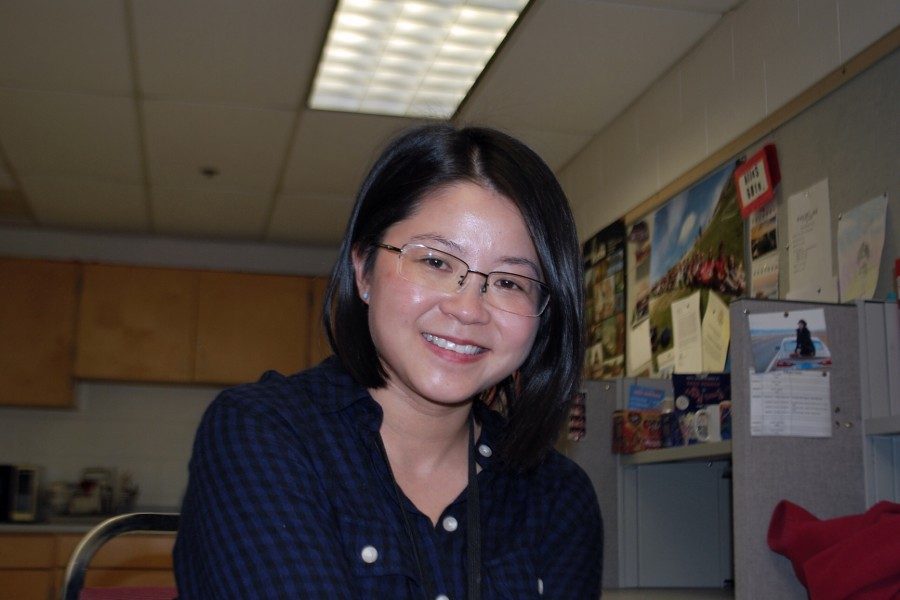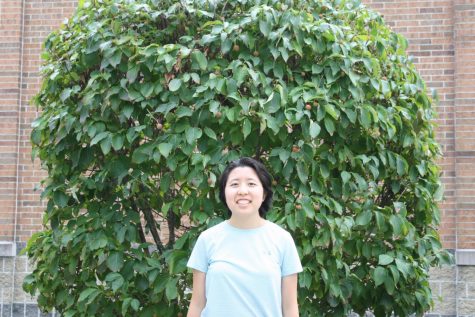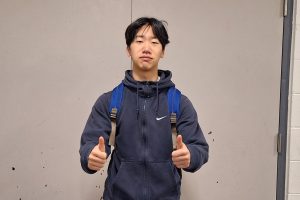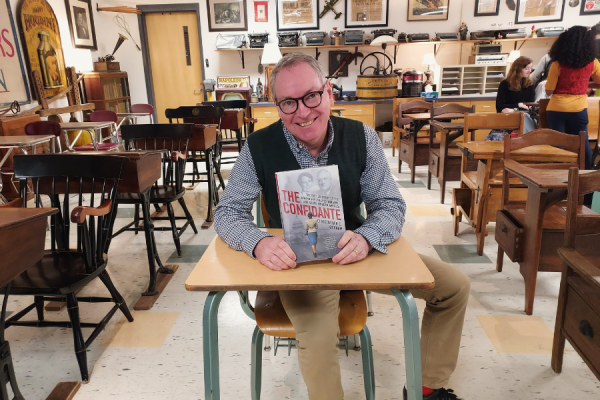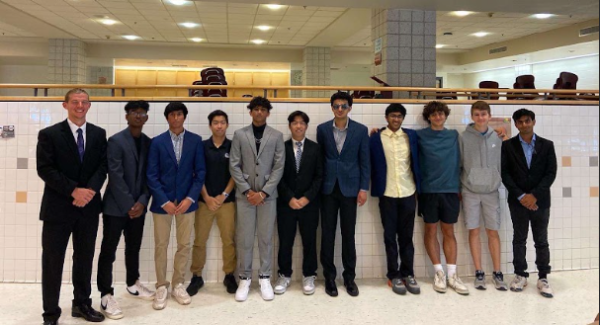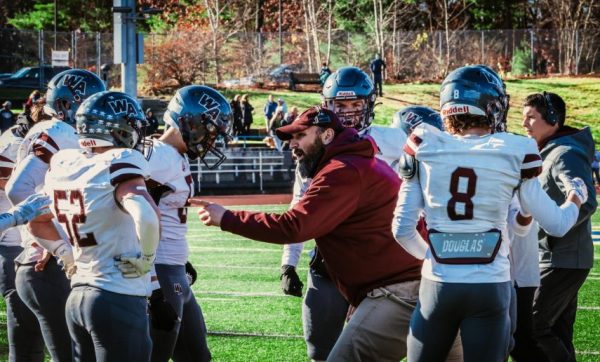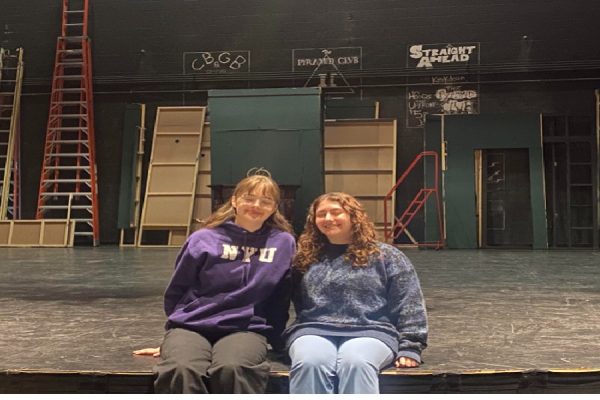WA welcomes Feng as Mandarin teacher
Feng smiles for the camera
September 16, 2019
Xi Feng is the newest addition to the language department this year and is teaching all levels of Mandarin. Although her love for numbers kickstarted her career in data analysis, her love of teaching led her to where she is today.
Q: How long have you been teaching?
A: Since 2011, I started teaching Mandarin in Chinese school. [It meets on] Sunday[s]. All the students are heritage students. They have [a] Chinese background—their parents speak Mandarin at home.
Q: So, like ABCs [American-born Chinese]?
A: Like ABCs.
Q: Did you teach at any other schools before coming here? Or did you only teach at the Chinese school?
A: I did. I taught in Natick Public Schools, [in the] elementary school and afterward the high school. And then I taught in Hopkinton High School before I moved to Westford.
Q: Do you prefer teaching elementary school kids or do you prefer high school kids?
A: I like high school kids.
Q: How would you say the other schools you taught at are different from WA?
A: I think [there’s] not that much difference. They [the students at both schools] are very, very cute teenagers. In the community, I like to talk to them, because I want to stay young. I feel like if I stay with them, I’m still young; I learn a lot from them.
Q: So, you like seeing their perspective on things?
A: [Staying] young, yes.
Q: Why did you decide to become a teacher?
A: [It is] because I want [to] stay young. That is the most important reason. And I do love to work with people. Actually, my major [in] college [was] geographic information systems. And when I moved here [to the U.S.], I used to be the data analyst in UMass Medical School, but I [didn’t] really like to work with computer[s] or to work with data. I love to talk. But yeah, I want to communicate, I want to make friends. That’s why I thought, “Well, teaching is going to be [a] cool thing. I can have a bunch of people to meet every day.” And we communicate, we share information, share ideas, learn from them, and stay young.
Q: Did you go into the field of data analysis before you transitioned into being a teacher?
A: Yeah, since 2011, I have started teaching in the Sunday school [Chinese school], and I [have felt] like “Oh, it’s a cool thing.” So I had to really think about [how] I [was] gonna switch my career to teaching. So I prepare[d] for the MTEL [Massachusetts Tests for Education Licensure] test. I took a course online and I got a license for teaching Chinese, and I had an internship. And afterwards, I got the chance to have the loan substitute position. And then I bec[a]me [a permanent] teacher.
Q: Are there any notable experiences in your career that shape how you approach teaching?
A: I cannot really tell [of a] specific one but when I stay with the students—when I learn from them, and they find the beauty of the language, of this subject, they can produce more, they can be creative, so I say, “Wow, That’s something really encourage[s] me to keep doing this.
Q: Are you involved in any clubs or activities as a supervisor here?
A: Yeah, we have the Asian Honor Society. And I am in charge of that. Our head of [the language] department just mentioned that to me, but I’m not the supervisor of the Chinese Club this year. But I’m going to observe their activities and give some suggestions. So because it’s the first year, everything is too overwhelming, so I want to observe, to learn, first.
Q: What is your family like? Do you have any kids?
A: Yeah, yes, I do. So I have two girls, eight years old and five years old. They’re [in] third grad[e] and Kindergarte[n].
Q: What are your hobbies outside of teaching?
A: I like music. So I have my ukulele [with me]. Today we learn[ed] a Chinese song in class, and I [was] strumming [it] in class, and I love basketball.
Q: Do you play any other instruments?
A: I play piano and I recently got a guitar. I don’t know how to play so far. But I am learning. I love to learn new things.
A: Do you know any other languages, besides English and Mandarin?
A: I speak Cantonese. I taught myself. [T]his one [Cantonese] [is a] dialect of Chinese. But the people speaking Mandarin and the people speaking Cantonese cannot communicate with each other. But it’s just the same written system, although the pronunciation; the grammar in speaking [spoken Mandarin and Cantonese] is totally different. But it’s [a] cool language. It’s more close to the ancient Chinese language. Same characters but different pronunciations, different grammar and they [are] very interesting, you know—Mandarin has four tones and Cantonese has nine tones. So [with Cantonese] it’s more like they’re singing, the[y] aren’t [saying] anything. [It’s] very interesting, especially in Chinese poetry. And because I stud[ied] in Norway for two years, I learned a little bit [of] Norwegian but yeah, just [enough] to say “hello” and “I love you,” “thank you,” and “goodbye.”

